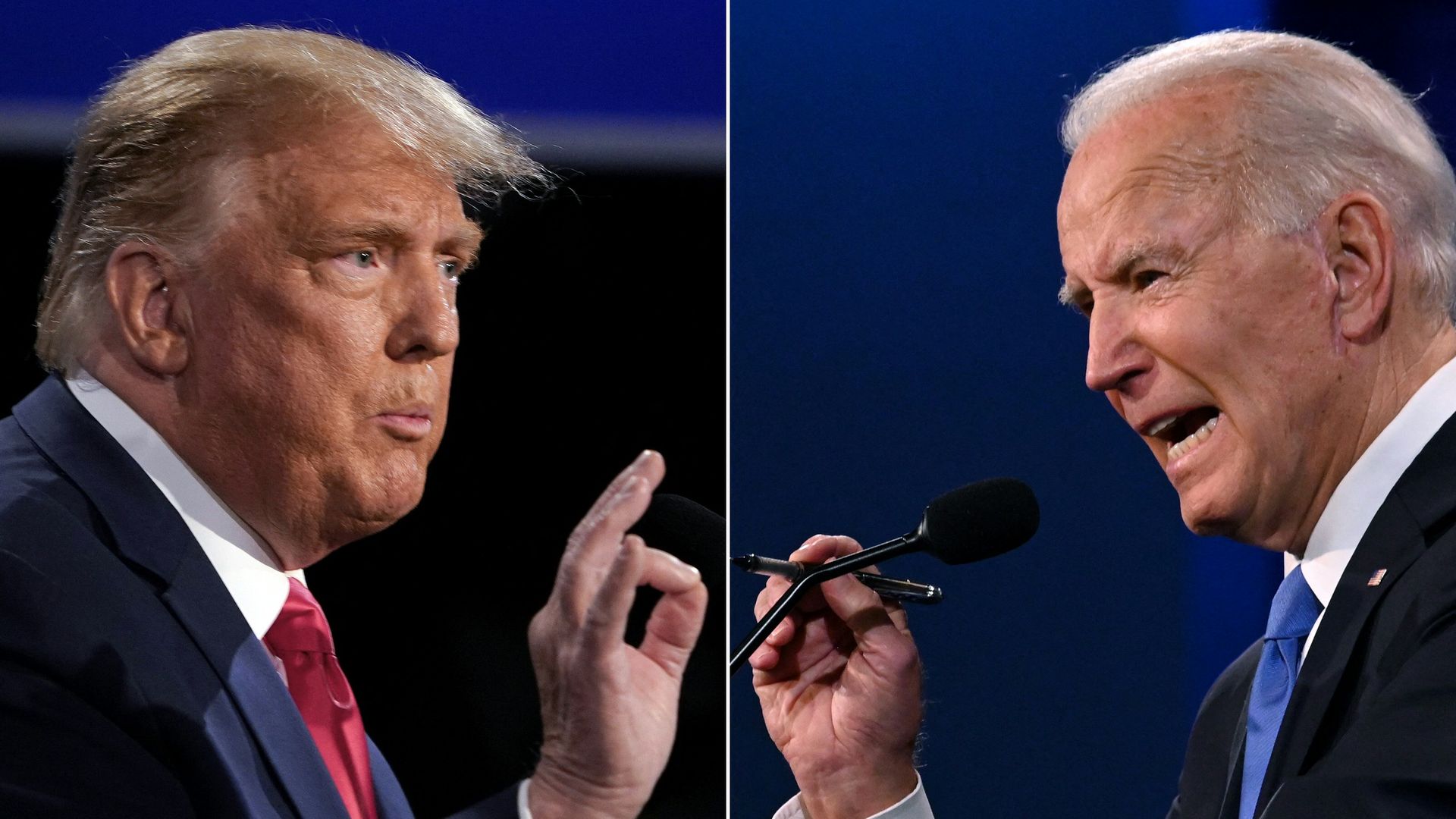The Namibian government intends to borrow almost N$13 billion to cover the national budget shortfall.
What is missing from the public discourse, however, is that this borrowing is happening within the neoliberal economic agenda which is only one approach among others.
If anything, the free market fundamentalist paradigm is very conservative and discredited and benefits the financial elite at the expense of the people.
In the Berlin Summit Declaration of May 2024 – titled ‘Winning Back the People’ – 163 prominent neo-Keynesian economists, including Thomas Piketty, Ann Pettifor, Branko Milanovic and Isabella Weber – assert that (capitalist) markets and austerity have hollowed out the ability of governments to respond to crises and created unbearable inequalities.
Such income and wealth inequalities are reinforced via inheritance and financial markets.
Besides the romantic view of liberal democracies and an obliviousness about whole-process democracy, the declaration – organised by the Forum for a New Economy – urges creating shared prosperity and quality jobs, but unfortunately does not provide any details.
CORPORATE GREED
When delivering the 2024 Ellen Meiksins Wood Lecture on 30 May, Isabella Weber pointed out how economic shocks and corporate profits have shaped the crisis of affordability.
The prize – awarded to her for political economy research that defends the working class in a time of economic crisis – is in memory of Wood, an historian who believed democracy must be constantly defended from below.
Weber’s lecture – titled ‘Profits, Inflation and Survival in an Age of Emergencies: Why We Need a New Paradigm’ – maintains that prices of essential goods have skyrocketed because of corporate profits and that a counter-movement against neoliberal austerity measures should include public investments, wage increases and price controls.
There must be an alternative to neoliberalism.
Weber warns that more supply shocks are coming, especially with regard to essentials such as food, energy, transportation, housing and utilities.
The flip side of price explosions is profit surges for food companies such as Cargill. In the meantime, hunger too has surged.
The capitalist market is unconcerned about cutting people off from access to essential goods.
Therefore, Weber argues, essential sectors should be regarded as being too big to fail.
A FAILED APPROACH
Governments must make public investments in the essential sectors and pass legislation to prevent price explosions and to contain sellers’ inflation.
There should be taxes on windfall profits and price gouging. There is a need for a paradigm shift, not only a narrow focus on interest rates.
A broader approach demands, say, the de-financialisation and the regulation of food companies. A basket of essential food items could be defined and their prices must be regulated.
Government borrowing is a result of Namibia’s supposed lack of economic sovereignty which does not make any sense in a mineral-rich country.
Such an economic framework will continue to limit growth in the real economy. Fearmongering by neoliberal economists about fiscal crises, severe cuts in essential services and crowding out private sector investment is, to put it simply, ideologically driven.
This has happened for decades and has been a disaster for the working class.
On the contrary, it is the lack of public investments – especially when it comes to a job guarantee programme towards full employment – that will continue to strangle the government with debt.
The ‘debt crisis’ suffocates Gross Domestic Product and there is simply not enough money/demand in the economy.
Unemployment is a macro-economic issue.
American economist Michael Hudson calls the neoliberal framework “something near to financial fascism”.
It is a failed approach as far as working people and economic democracy are concerned.
THE COST OF LIVING
Households and small businesses continue to suffer a never-ending decline in living standards because the surplus is channelled upwards.
Instead of the constant focus on government debt, the nation needs a wider discussion about, for example, the low rate of public investments.
Should it not be at least 25% of GDP per year? Should we not aim for 6% economic growth in the real economy every year?
Emerging markets have constantly grown at 4% a year.
This is the minimum rate to absorb new entrants into the job market. And the average unemployment rate in these countries is 5%, according to the International Labour Organisation.
Shouldn’t we adjust the current macroeconomic policy accordingly and invest in our public infrastructure?
The current macro-economic policy comes at a high social and economic cost to the people.
WHAT TO DO?
We should also ask why Namibia’s trade unions and other mass organisations are quiet about this exploitation?
In the final analysis, these policies are about the balance of political forces; the neoliberal approach arose because of the weakness of the working class.
The time has come to follow the example of the Association of Mineworkers and Construction Union that formed a Labour Party in South Africa.
Unite the entire Namibian working class (the permanent and precarious workers, the employed and unemployed, the urban and rural workers) and fight back against neoliberalism. We must stop the exploitation.
- *The authors are members of the Marxist Group of Namibia.
Stay informed with The Namibian – your source for credible journalism. Get in-depth reporting and opinions for
only N$85 a month. Invest in journalism, invest in democracy –
Subscribe Now!






